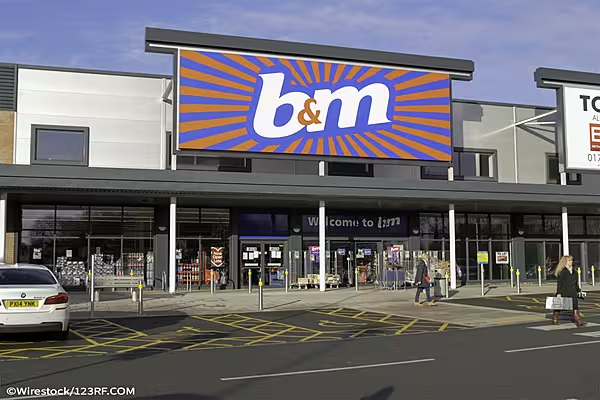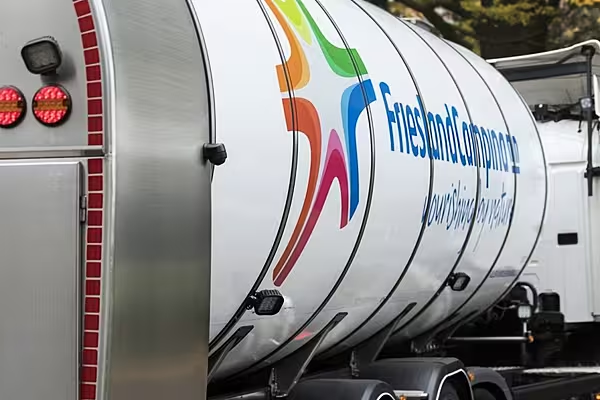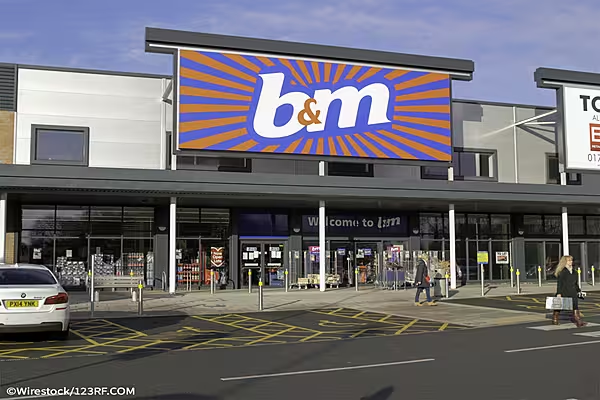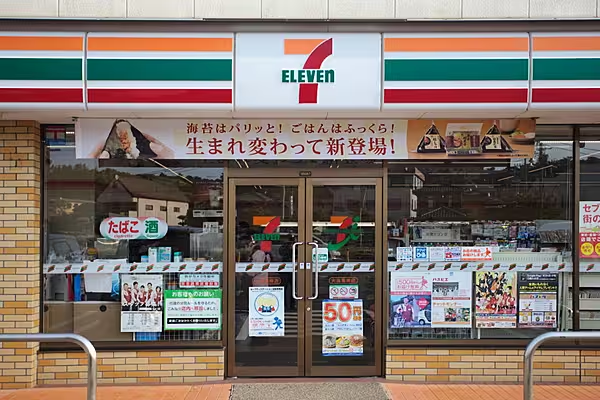Metro AG, Germany’s biggest retailer, reported first-quarter profits that met analysts’ estimates, as weakness in the Russian rouble clouded better earnings at the Media Markt and Saturn electronics chains.
Earnings before interest and taxes fell 4.6 per cent to €1.02 billion, Düsseldorf-based Metro said in a statement.
That was in line with analysts’ estimates, after the company last month reported same-store sales rose 2.1 per cent during the fiscal first quarter ended in December. Negative currency effects cost the retailer about €60 million in earnings, Metro said.
Chief executive officer Olaf Koch is trying to turn around the performance of the owner of Galeria Kaufhof department stores and the Saturn appliance chain, where sales this year are expected to be 8 per cent lower than they were five years ago. “Unfortunately, the weak rouble obscures our overall good operating performance,” he said.
The CEO is selling or exiting underperforming markets while adding Internet sales to modernise the company. The company said that it sold its Greek Makro Cash & Carry wholesale unit to retailer Sklavenitis.
Shares of Metro gained about 16 per cent this year through Monday 9 February, and same-store sales have risen for three consecutive quarters, according to Sanford C. Bernstein estimates. Total revenue for the fourth quarter declined 2.2 per cent to €18.3 billion, Metro said, confirming the preliminary figure it reported in December.
Metro recently confirmed its guidance of “slight” increases in overall and same-store sales amid a “persistently challenging economic environment”.
Koch faces a number of obstacles to his plans. A potential IPO of Metro’s Russian Cash & Carry business has been pushed back amid instability in Ukraine. A public spat with a restive investor over control of Media Markt and Saturn stores has dragged out for years. And department-store rival Karstadt was sold in August to Austrian property investor Rene Benko, who’s promised to reinvigorate the chain.
Bloomberg News, edited by ESM











